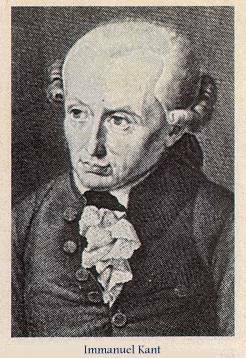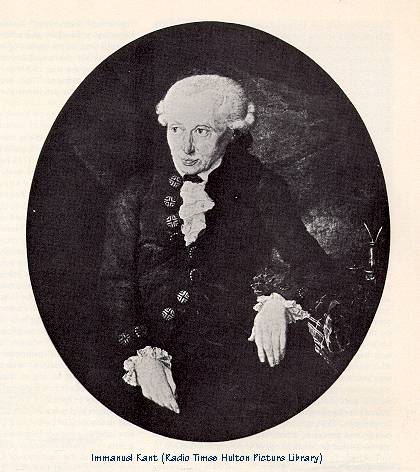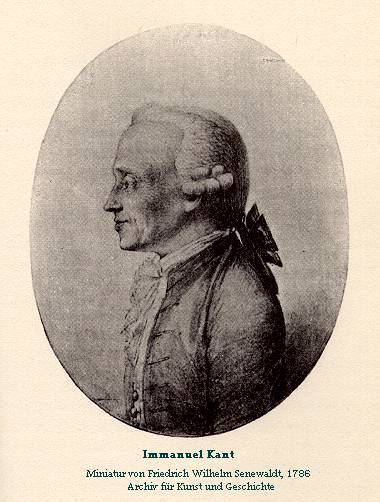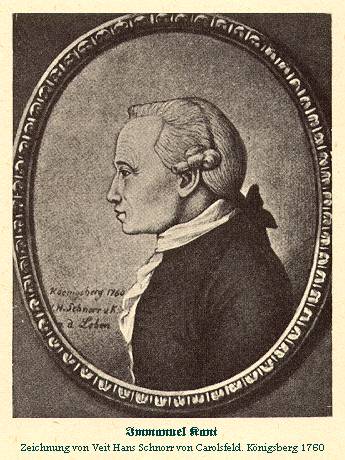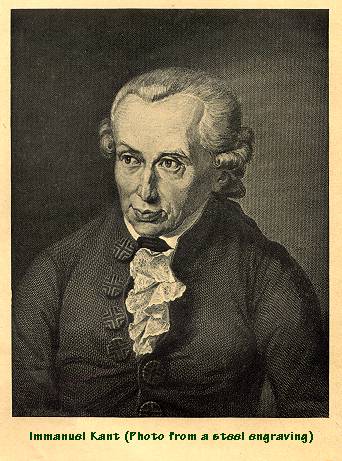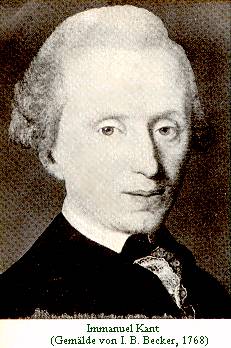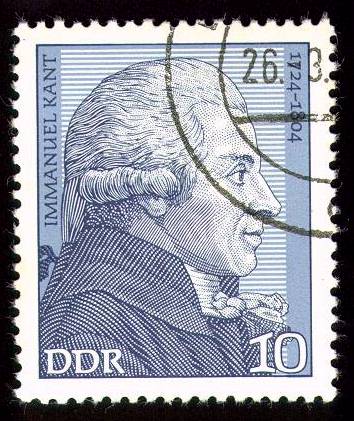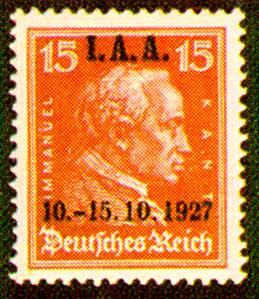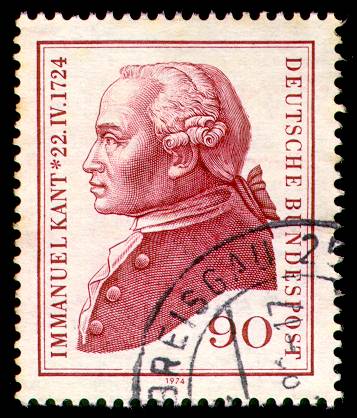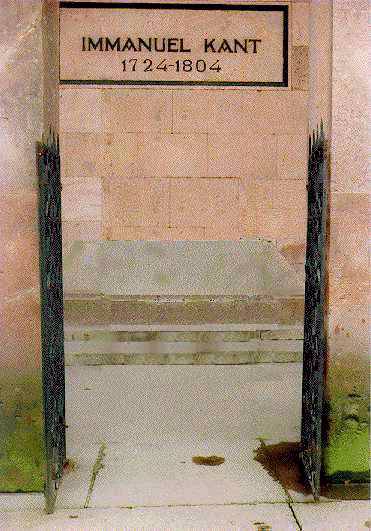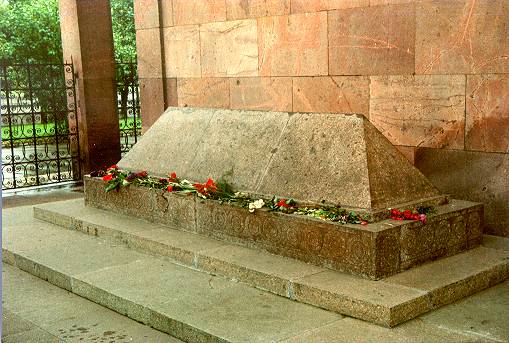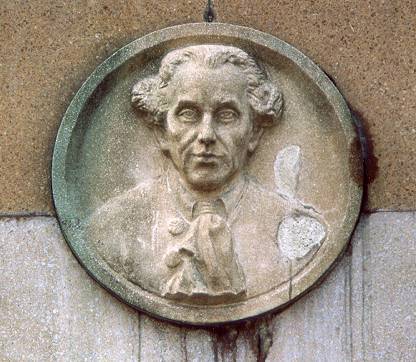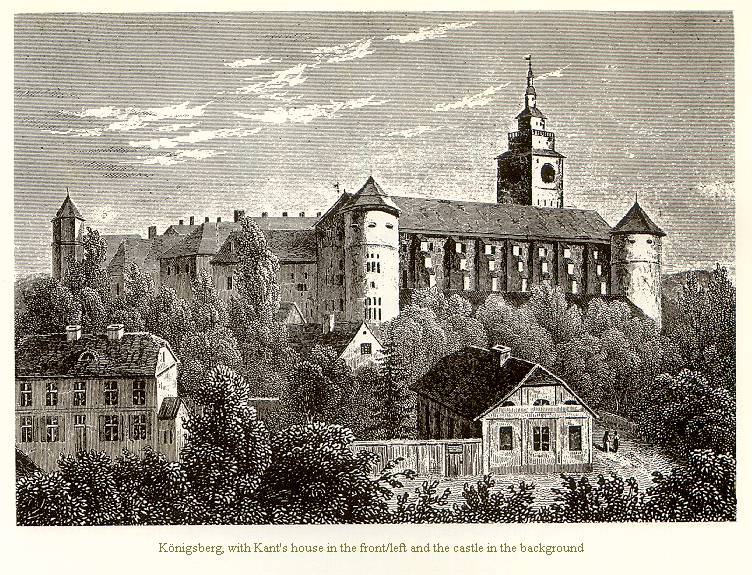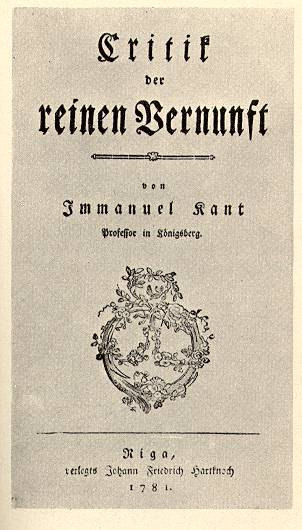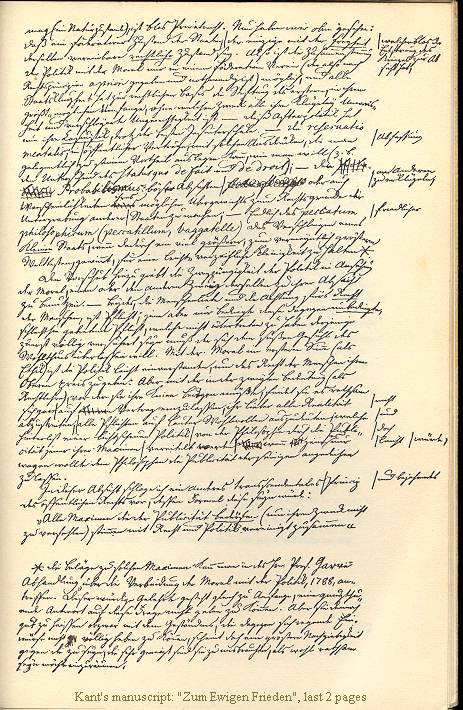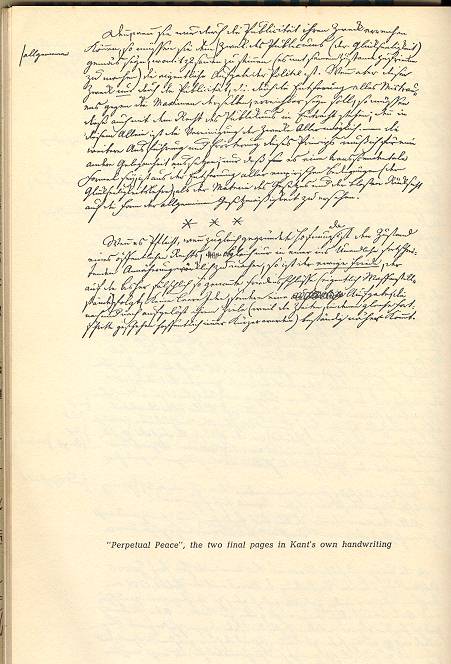- "Heidegger, Martin." Britannica Student Library. Ultimate Reference Suite. Chicago: Encyclopædia Britannica, 2008.
- "Heidegger, Martin." Encyclopædia Britannica. Ultimate Reference Suite. Chicago: Encyclopædia Britannica, 2008.
Britannica Student Article
(1889–1976). The philosophy of Martin Heidegger is, for a variety of reasons, extraordinarily difficult to comprehend. His major book, ‘Being and Time', published in 1927, is so complex as to be almost unreadable. He was mainly an asker of questions, not an answerer. His chief question, “What is it to be?” placed him in the tradition of 19th-century existentialism. He placed himself within the school of phenomenology. Yet it is not known whether his questions were philosophical, or perhaps entirely religious, influenced by his early training.
Heidegger was born in Messkirch, Germany, on Sept. 26, 1889. After finishing high school he joined the Jesuits as a novice. He studied philosophy and theology at the University of Freiburg and started teaching there in 1915.
He remained there until 1945 except for a five-year period at the University of Marburg (1923–28). When the Nazis came to power in 1933, he briefly supported Adolf Hitler. The Allies investigated him after the war but did not find his offense serious. He continued lecturing until 1958 and retired in 1959. He died in Messkirch on May 26, 1976.
Heidegger, Martin
Encyclopædia Britannica Article
Introduction
born September 26, 1889, Messkirch, Schwarzwald, Germany
died May 26, 1976, Messkirch, West Germany
German philosopher, counted among the main exponents of existentialism. His groundbreaking work in ontology and metaphysics determined the course of 20th-century philosophy on the European continent and exerted an enormous influence in virtually every other humanistic discipline, including literary criticism, hermeneutics, psychology, and theology.


